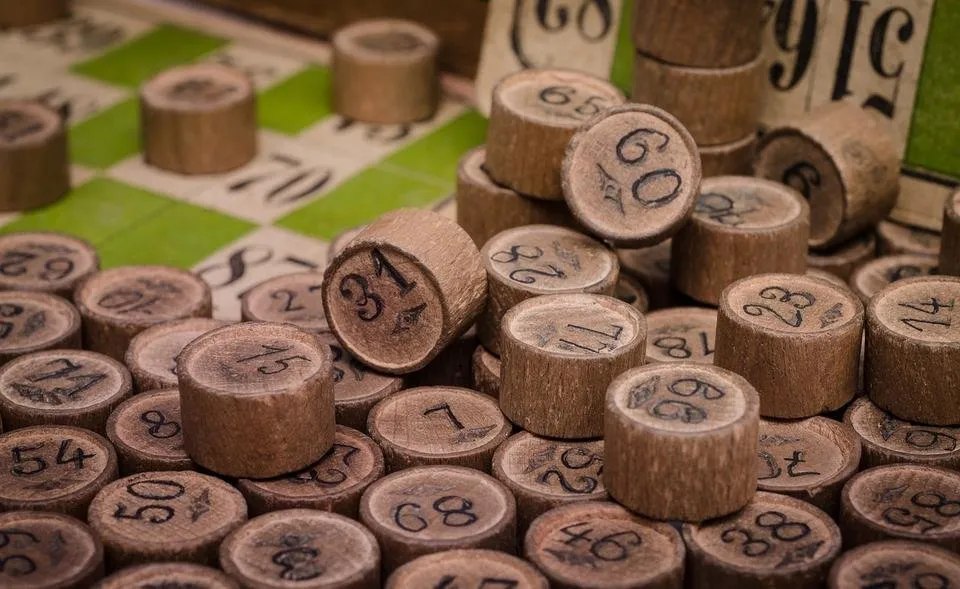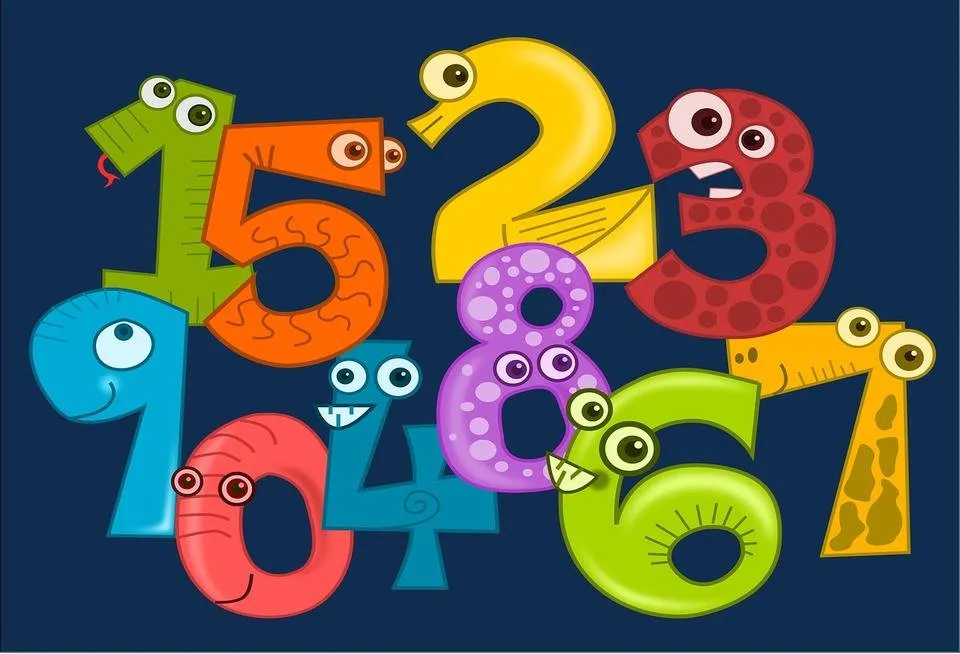A natural number equal to the sum of all its divisors except itself.

The concept of a "perfect number", a positive integer equal to the sum of its positive proper divisors minus itself, stems back to the Neo-Pythagorean philosopher and mathematician Nichomachus of Gerasa (c.60-c.120 CE), who authored the Introduction to Arithmatic, the standard text on arithmetic for 1,000 years. The first such perfect number is 6 (sum of 1+2+3), with the next such numbers being 28 (1+2+4+7+14), 496 and 8,128. These four perfect numbers were known to Nichomachus, who identified 8,128 as a perfect number as early as 100CE. Nichomachus classified all numbers as "deficient," "perfect," or "superabundant," depending on whether the sum of their divisors was less than, equal to, or greater than the number itself.
"[Nature seems] to have been determined and ordered in accordance with number"
--- Nichomachus, Introduction to Arithmetic (c. 100CE)
The study of numbers was of fundamental (and commonly spiritual) importance to Pythagorean and Neo-Pythagorean thinkers -- Nichomachus himself wrote a two-volume work titled "The Theology of Numbers" on the mystic properties of numbers (only fragments of which survive). The work led to a number of early mathematical discoveries, including that of the first four perfect numbers.

Perfect numbers have proven elusive; as of 2007, only forty-four have been found. A formula covering identified perfect numbers -- all positive thus far -- combines what is known as the Euclid-Euler theorem (2^(n − 1)X(2n − 1)), with a Mersenne prime inserted for n (a Mersenne prime is a number generated by the formula (2^n)-1, named for the French monk Father Marin Mersenne, 1588-1648).

Read more: Pi: Irrational and Endless...
#theory #busy #adsactly #mgsc #trevonjb #craigrant #vincentb #utopian-io #arithmetic
Source:
"1001 Ideas That Changed the Way We Think"
-- by Robert Arp.
Thanks for visiting....
